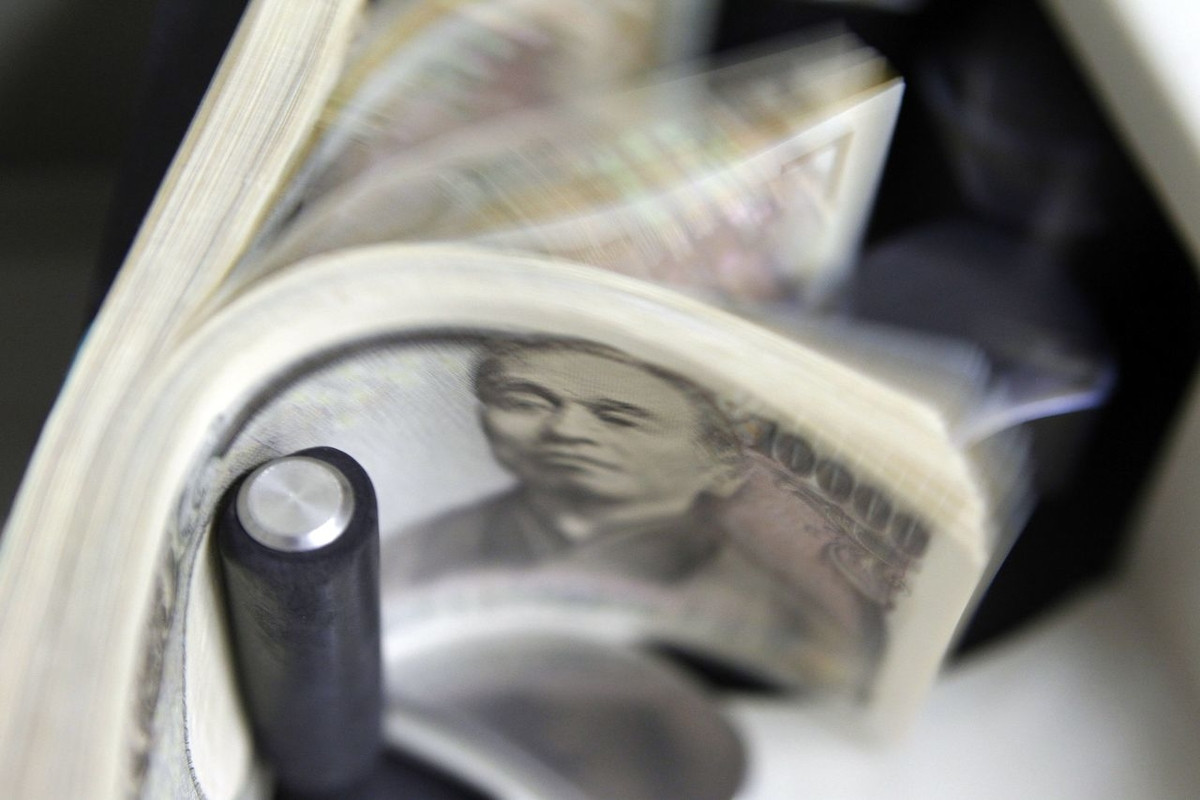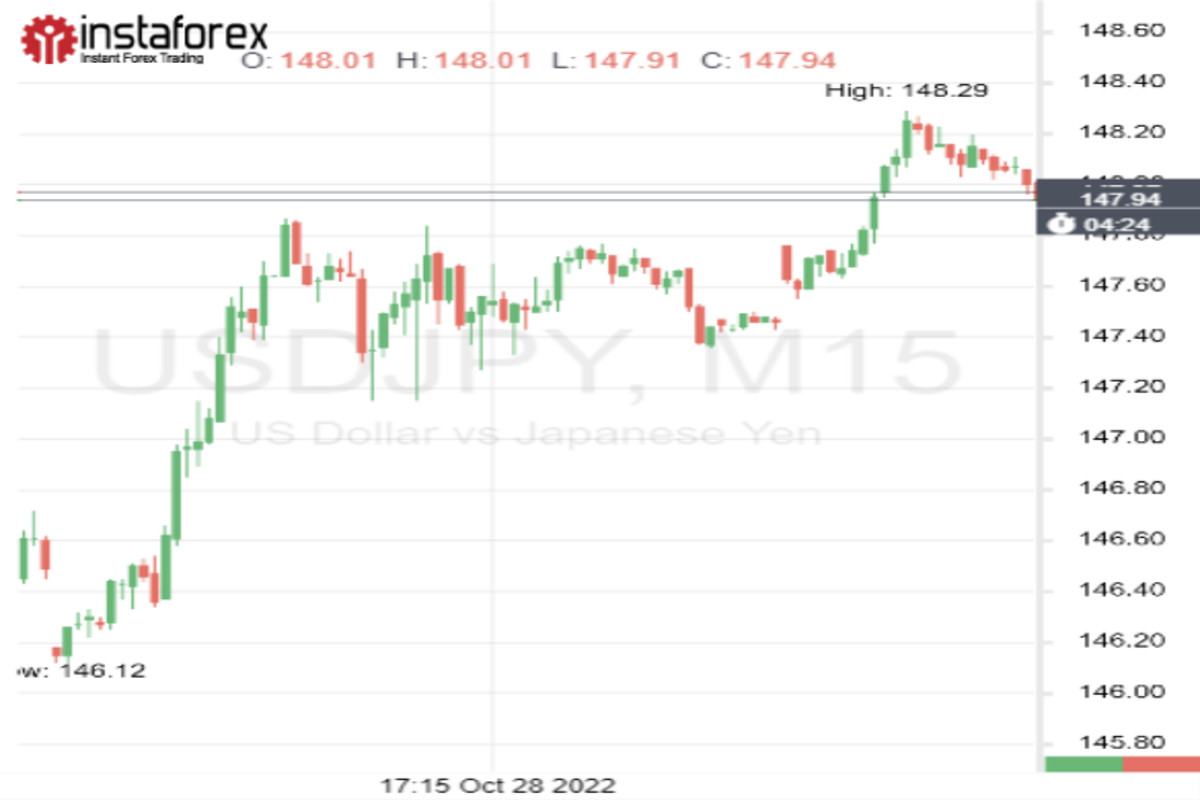
The yen has experienced another relapse after a period of growth. At the end of last week, the Japanese currency was undermined by another dovish statement by the Bank of Japan. The upcoming hawkish Fed move could weaken JPY even more in the next couple of days.
Miraculous yen recovery unlikely
The yen has experienced a record drop in 2022 due to a massive monetary policy divergence between Japan and the US. Since January, JPY lost 22% against USD.
However, the Japanese yen had an unexpected rally last week and showed signs of steady recovery, fuelled by softer Fed monetary policy expectations.
Weak US macroeconomic data has sparked speculation about a possible economic slowdown in the United States.
However, the US dollar quickly rebounded at the end of the week. On Friday, USD recouped all of its past losses in a matter of hours.
The yen dropped by 1% as the BOJ announced its monetary policy decision.
Haruhiko Kuroda, the governor of the Bank of Japan, reaffirmed his commitment to the ultra-dovish policy course due to external demand shocks and weaker economic prospects that prevented Japan from recovering to pre-pandemic levels.
The regulator's decision to keep interest rates unchanged below zero has further highlighted the contrast between the BOJ's policy and the Fed's tactics.
Despite speculation in the market about the Fed possibly slowing down monetary tightening, most market players still believe the US central bank will keep the pace of rate hikes unchanged.
Given the persistent nature of inflation in the country, traders expect the Federal Reserve to increase interest rates by another 75 basis points in November.
The Fed will announce their policy decision on Wednesday. If the regulator's move matches market expectations, it would significantly jeopardize the yen's already perilous situation.
Many analysts believe that USD/JPY could slump even further. The pair could experience particularly strong volatility before and after the Federal Reserve's statement.
Current movements and outlook of USD/JPY
USD/JPY price swung early on Monday. At the beginning of the Asian session, the pair increased by 0.4% but reversed down afterwards.

At this point, the US dollar is supported by rising yields of 10-year US Treasury notes. Yields have been pushed up by rising expectations of another 75 bps hike in the US.
However, strong risk appetite in the market is weighing down on USD, limiting its upward momentum.
On Monday, the S&P 500 has extended the previous week's upward movement, preventing USD bulls from advancing. USD/JPY has also been affected.
The weaker USD and optimistic Japanese economic data has pushed USD/JPY below 148.
Month-on-month, retail sales in Japan accelerated to 1.1% in September from 0.6% in the previous month. Year-over-year, sales rose to 4.5% from 4.1%.
Furthermore, industrial output increased to 9.8% y/y in September, well above an expected increase to 8.7%.
The next batch of macroeconomic data that could negatively affect USD/JPY will be released in the US tomorrow.
Tuesday's key data release is the ISM manufacturing PMI report. The index is forecasted to fall to 50.0 from 50.9 in the previous month.
Weak US statistic data combined with hawkish expectations of investors in the run-up to the November's Fed meeting could increase market tension and lead to strong fluctuations in major US dollar pairs, including USD/JPY.
However, there is an opinion that the US dollar could, in fact, consolidate amid increased uncertainty on the eve of the FOMC meeting.
The US dollar is expected to fluctuate particularly strongly midway through the week, when the US central bank will announce its monetary policy decision and possibly reveal its future plans.
As stated earlier, the Fed's hawkish tone could lead to a USD/JPY rally, increasing the risks of a new currency intervention by Japan.
If US politicians push the yen into the abyss once again, their Japanese counterparts will likely prop the currency up once more. However, this intervention will also have a short-term effect, similar to previous interventions.
Most analysts predict that the Japanese yen's downtrend will continue amid further interest rate increases in the US and the BOJ maintaining its dovish policy.
 English
English 
 Русский
Русский Bahasa Indonesia
Bahasa Indonesia Bahasa Malay
Bahasa Malay ไทย
ไทย Español
Español Deutsch
Deutsch Български
Български Français
Français Tiếng Việt
Tiếng Việt 中文
中文 বাংলা
বাংলা हिन्दी
हिन्दी Čeština
Čeština Українська
Українська Română
Română

